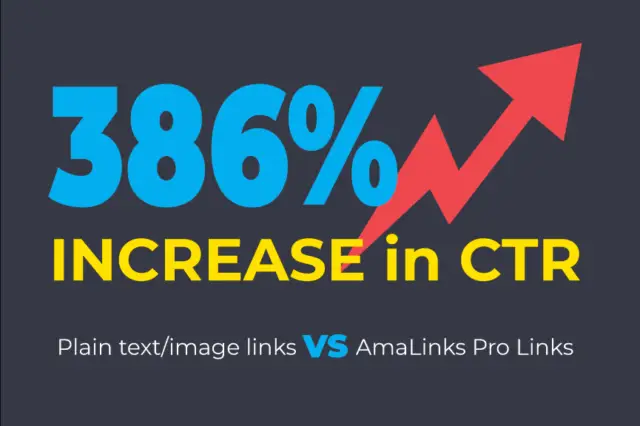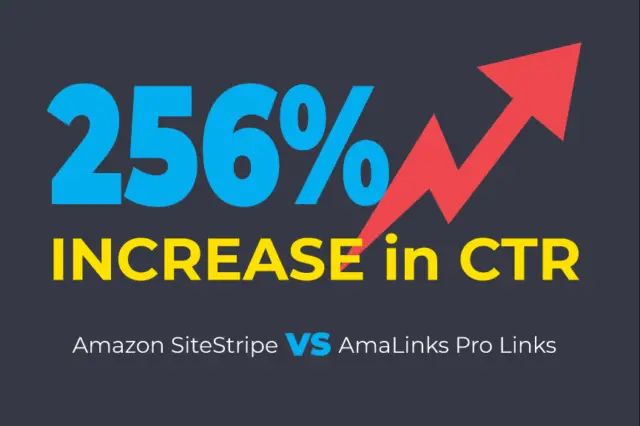
Learn about the Victoria's Secret affiliate program.
Victoria’s Secret, a global lingerie and beauty retailer, has long been synonymous with opulence, fantasy, and allure. Founded in 1977 by Roy Raymond in San Francisco, the brand quickly gained prominence for its intricate lingerie designs and lavish fashion shows. Over the decades, Victoria’s Secret has not only defined a niche in the fashion industry but has also sparked conversations about body image, representation, and the evolving concept of beauty. Despite its popularity, the brand has faced criticism and controversy, leading to a reevaluation of its traditional marketing strategies. This article delves into the history, influence, controversies, and evolving landscape of Victoria’s Secret.
Victoria’s Secret was conceived as an alternative shopping experience for men who felt uncomfortable purchasing lingerie for their partners in department stores. Named after the Victorian era, known for its refined sensibilities, the store aimed to provide an intimate environment where men could find exquisite lingerie. The initial store design was reminiscent of a Victorian boudoir, with plush interiors and a welcoming atmosphere. The brand’s early focus was on providing tasteful and elegant lingerie that contrasted with the more functional undergarments available at the time.
In the 1980s and 1990s, Victoria’s Secret began expanding its offerings beyond lingerie, introducing fragrances, skincare, and loungewear. The annual Victoria’s Secret Fashion Show, launched in 1995, became a cultural phenomenon, blending fashion, entertainment, and celebrity. The show’s grandeur and elaborate themes contributed to the brand’s mystique, turning its models, known as “Angels,” into superstars and setting new standards of beauty.
Victoria’s Secret played a role in shaping society’s ideals of the “perfect” body, characterized by tall, slender, and predominantly white models. This led to criticism for promoting unrealistic beauty standards, contributing to body image issues among women. Over time, societal perspectives shifted, emphasizing diversity and inclusion. As these changes gained momentum, Victoria’s Secret faced scrutiny for its lack of representation and limited size range.
The brand’s controversies escalated in the 2010s. Critics pointed out the lack of diversity in Victoria’s Secret’s runway shows and advertisements, calling for more inclusive representation of body types, ethnicities, and gender identities. The “Perfect Body” campaign in 2014, which featured models of similar body types with the tagline “The Perfect ‘Body'” drew backlash for its perceived insensitivity towards body image concerns.
In 2018, Ed Razek, then Chief Marketing Officer of Victoria’s Secret’s parent company, L Brands, made remarks that further fueled controversy. His comments about not including transgender or plus-size models in runway shows led to public outcry and intensified discussions about the brand’s refusal to evolve with changing societal norms.
Amid mounting criticism, Victoria’s Secret’s sales began to decline. In response, the company sought to reposition itself by reevaluating its marketing strategies and corporate culture. In 2019, Razek stepped down, and a new CEO, John Mehas, was appointed. The brand canceled its annual fashion show in the same year, signaling a departure from its long-standing tradition.
In 2020, amid the global movement for racial justice, Victoria’s Secret faced renewed pressure to address diversity and inclusivity issues. The company announced the hiring of new spokesmodels, including a diverse group of women, activists, and athletes. It also introduced The VS Collective, an initiative aimed at promoting diverse voices and perspectives.
Victoria’s Secret’s journey illustrates the power of public opinion and changing societal norms in reshaping a brand’s identity. As the fashion industry continues to evolve, the emphasis on authenticity, representation, and inclusivity has become paramount. The brand’s challenges and adjustments reflect a broader shift in consumer expectations, where brands are held accountable for their impact on body image, self-esteem, and societal attitudes.
Victoria’s Secret, once a symbol of glamour and aspiration, has transformed from its early days as a lingerie store for men into a global cultural phenomenon. While it has faced controversy and criticism for its portrayal of beauty and limited representation, the brand’s recent efforts to embrace diversity and inclusivity suggest a willingness to adapt to changing perspectives. As society’s values continue to evolve, Victoria’s Secret’s trajectory will be a case study in how brands can navigate the delicate balance between tradition and progress.

Miles Anthony Smith
Miles is a loving father of 3 adults, devoted husband of 24+ years, chief affiliate marketer at AmaLinks Pro®, author, entrepreneur, SEO consultant, keynote speaker, investor, & owner of businesses that generate affiliate + ad income (Loop King Laces, Why Stuff Sucks, & Kompelling Kars). He’s spent the past 3 decades growing revenues for other’s businesses as well as his own. Miles has an MBA from Oklahoma State and has been featured in Entrepreneur, the Brookings Institution, Wikipedia, GoDaddy, Search Engine Watch, Advertising Week, & Neil Patel.
For more information about this offer: View the Victoria’s Secret homepage


